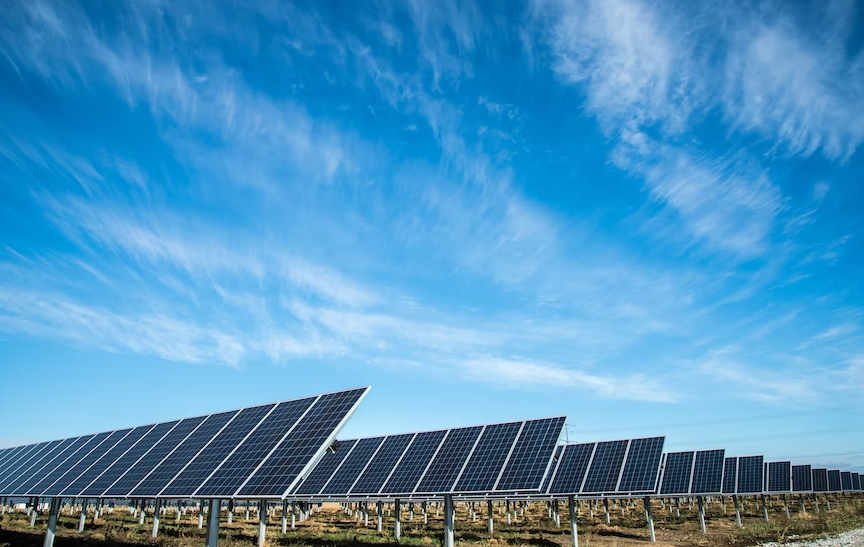
Products don’t always sell themself when it comes to approaching solar wholesale suppliers. Given the range of options, it is the responsibility of the client to know what they are paying for. This is a chance to look at certain techniques that can be applied with these outlets when attempting to make a new solar investment through wholesale chains.
Researching Customised Panel Options
For residents and commercial entities to find top value with solar wholesale suppliers, it is beneficial to see what kind of stock options they have at their disposal. Under normal conditions, these outlets will have more brands than traditional solar retailers given that they are a wholesale enterprise. From monocrystalline to thin-film, polycrystalline and PERC formats, there will be a string of units and brands that clients should pay close attention to, giving them the power to customise the investment for their energy needs accordingly.
Reviewing Infrastructure Costs
The main task with reviewing solar wholesale suppliers is to know how much the panels themselves are going to cost on a per-unit basis. Depending on their wattage rate, they can vary between the $2,000 figure to the $8,000 mark and beyond according to their unique profile. Thankfully the wholesale providers will have plenty of options on display to help those managing their expenditure. Take note of the figures and see what becomes affordable before taking the next step.
Examining Storage Capacities & Usage Rates
Being able to seek out value through these solar providers in the wholesale market demands participants look at the usage rates through the wattage and the level of storage needed from one cycle to the next. Small homes won’t have the same expectations as large businesses, placing more of an emphasis on their capabilities rather than maintaining cost control. See how much volume they handle and what kinds of utilities have to be powered before making an informed choice.
Inclusion of Inverter Systems
A key component with solar wholesale suppliers is to acquire the technology that helps users to take advantage of their investment. This will often point towards the inclusion of an inverter system. This allows people to track wattage rates, divert energy channels to certain locations and appliances, and to be updated on any repairs or maintenance required with the panels. By making contact with these outlets, it will be possible to see if they are part of the package, or have to be sourced through separate channels.
Tracking Stock Availability
Under normal circumstances, solar wholesale suppliers will often have the right brands and products at their disposal. Without dealing with the same level of turnover as most retail stores, this is an advantage. However, there will be the same kind of public demand that adds pressure to the supply chain. By linking up with these wholesalers early in the piece, it will be easier to navigate stock availability.
Installation Support & Warranty Provisions
One of the potential downsides of buying through solar wholesale suppliers is that they won’t have the same level of resources of customer support when it comes to the logistics of the deal. However, there are always exceptions for local members that want to be covered by warranty provisions and to have that installation support covered. They might have representatives on hand to cover those duties, so it is beneficial to ask the question and see what policies are made available.
Summary
These steps might seem like a lot of effort to apply to solar wholesale suppliers, but it is the kind of research that helps to pinpoint value. In the months and years to follow, constituents know that they have sourced the best brand they could access and for the best rates, something that pays dividends on a residual basis.
